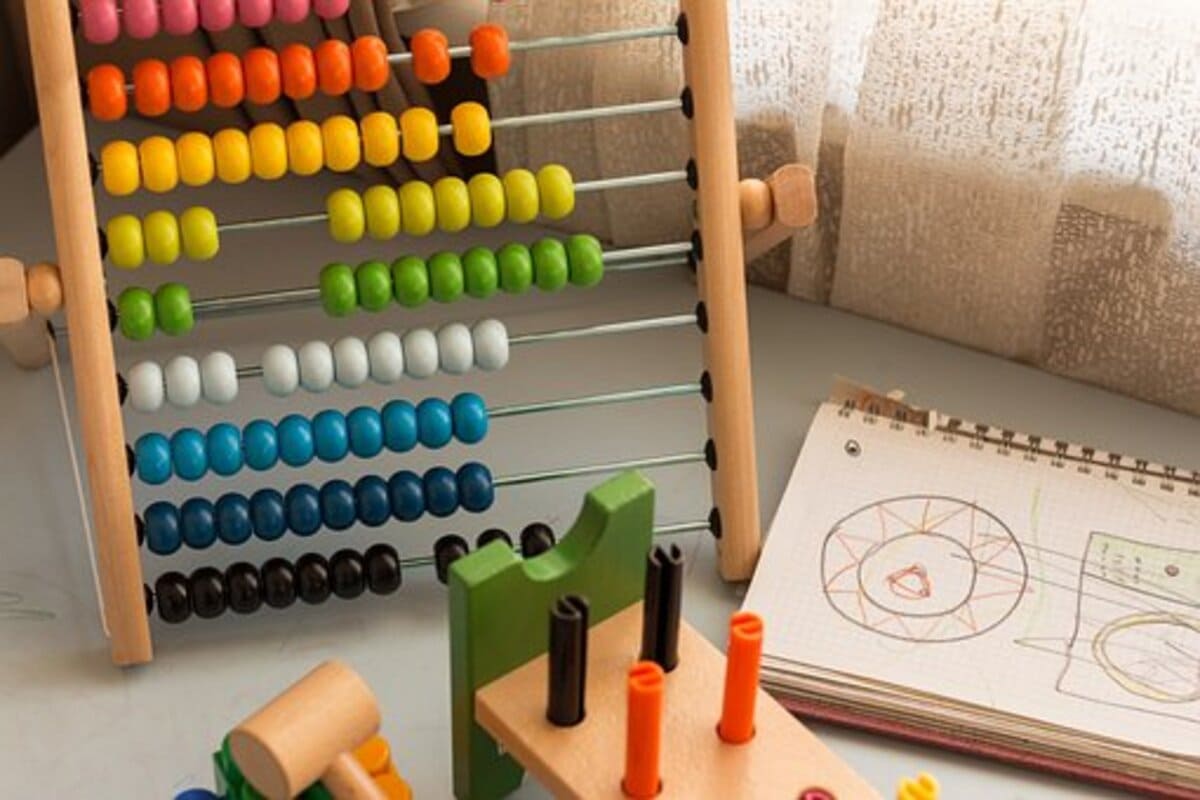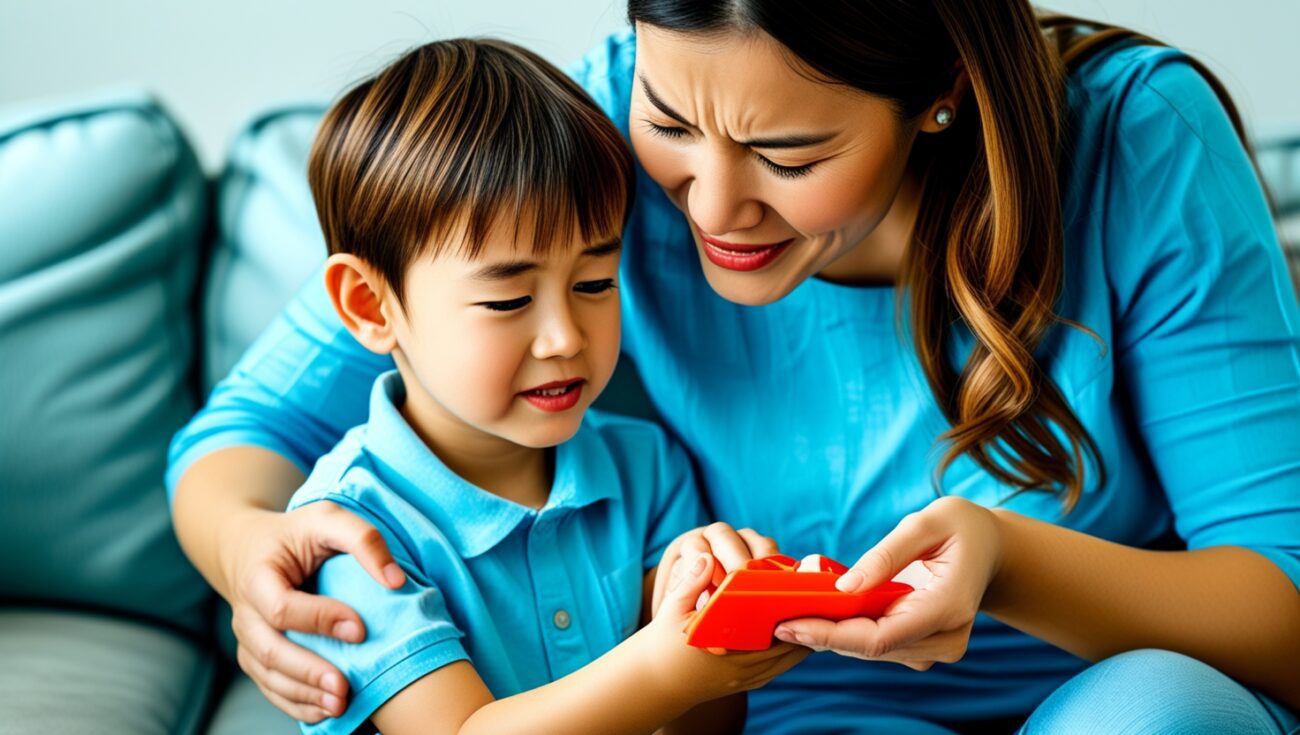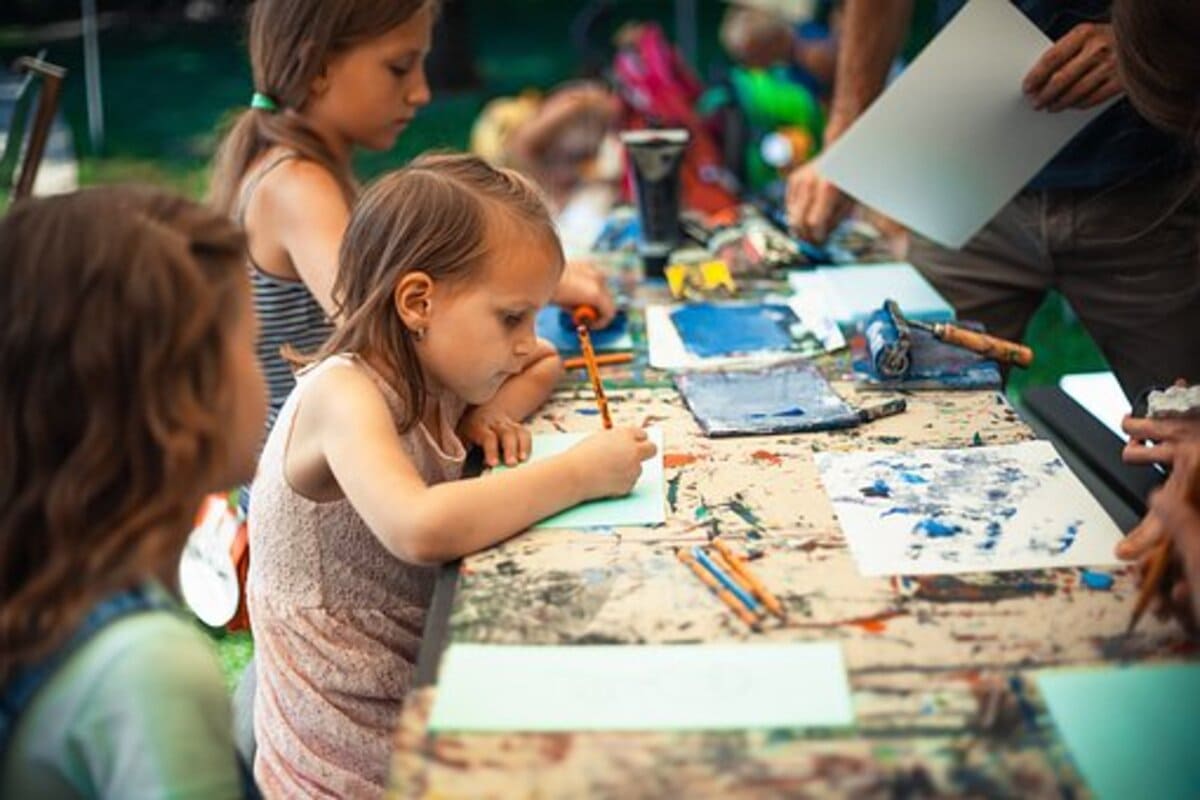Blog
Discovering the Benefits: Educational Toys for Child Development

Children are naturally curious beings, eager to explore the world around them and absorb knowledge like sponges. As parents and educators, it is our responsibility to provide them with the tools they need to thrive and grow intellectually. One such tool that has gained significant recognition in recent years is educational toys. These innovative playthings not only entertain children but also have a profound positive impact on their cognitive, social, and emotional development. In this blog post, we will delve into the world of educational toys, exploring their benefits and the evidence supporting their use.
Enhancing Cognitive Development:
Educational toys are specifically designed to stimulate a child’s cognitive abilities, such as problem-solving, critical thinking, and creativity. Building blocks, puzzles, and construction sets, for example, encourage children to think logically, plan, and execute their ideas. Research studies have shown that engaging with such toys enhances spatial awareness, mathematical skills, and overall cognitive development (Nelson & West, 2019). Moreover, educational toys often incorporate elements of science, technology, engineering, and mathematics (STEM), preparing children for future careers in these fields.
Fostering Social and Emotional Skills:
Playing with educational toys provides children with numerous opportunities to develop essential social and emotional skills. Board games and cooperative playsets encourage cooperation, turn-taking, and empathy, teaching children the importance of teamwork and fair play. Pretend play toys, like dolls and action figures, enable children to express their emotions and explore various social roles, improving their emotional intelligence and social understanding (Bergen, 2017). By engaging in interactive play with siblings, peers, or parents, children develop stronger communication skills and build lasting relationships.
Nurturing Fine and Gross Motor Skills:
Many educational toys require physical manipulation, thus aiding in the development of fine and gross motor skills. Activities such as threading beads, using tweezers, or building with interlocking pieces improve hand-eye coordination, finger dexterity, and muscle control. Riding bikes, playing catch, or engaging in outdoor games contribute to the development of gross motor skills, fostering balance, strength, and overall physical fitness. The combination of physical movement and cognitive engagement in educational play promotes holistic development in children (Harris, 2020).
Promoting Language and Literacy Skills:
Educational toys can play a crucial role in promoting language acquisition and literacy skills in young children. Toys with letters, numbers, and words encourage early reading and writing skills. Additionally, interactive toys equipped with sound effects, music, and recorded voices facilitate language development by introducing children to new vocabulary and improving pronunciation. Studies have shown that children who engage with educational toys experience accelerated language development compared to those who do not (Gupta & Taneja, 2018).
Encouraging Curiosity and a Love for Learning:
Also, one of the greatest advantages of educational toys is their ability to ignite and sustain a child’s natural curiosity. By providing hands-on learning experiences and allowing children to explore at their own pace, these toys cultivate a genuine love for learning. The joy of discovery and accomplishment through play enhances a child’s motivation to pursue knowledge beyond the confines of a traditional classroom. Educational toys create an environment where children feel empowered, confident, and excited about learning, setting them on a path to lifelong intellectual growth (Bosacki, 2018).
Educational toys have emerged as powerful tools that promote holistic development in children. By enhancing cognitive abilities, fostering social and emotional skills, nurturing motor skills, promoting language and literacy development, and instilling a love for learning, these toys unlock the potential of children. As parents and educators, we must recognize the importance of incorporating educational toys into children’s playtime to provide them with a well-rounded foundation for future success. Let us embrace the world of educational toys and watch as our children blossom into capable, imaginative, and intellectually curious individuals.
References
- Bergen, D. (2017). The Role of Pretend Play in Children’s Cognitive Development. Early Childhood Education Journal, 45(2), 235-241.
- Bosacki, S. (2018). Fostering Children’s Love of Learning through Play. The Canadian Journal for Teacher Research, 6(1), 1-6.
- Gupta, R., & Taneja, N. (2018). The Influence of Educational Toys on Children’s Language Development: A Review. Early Childhood Education Journal, 46(1), 61-69.
- Harris, A. (2020). Motor Skills and Child Development. Encyclopedia on Early Childhood Development.
- Nelson, E. E., & West, R. (2019). The Power of Play: A Research Summary on Play and Learning. American Journal of Play, 12(2), 123-164.














